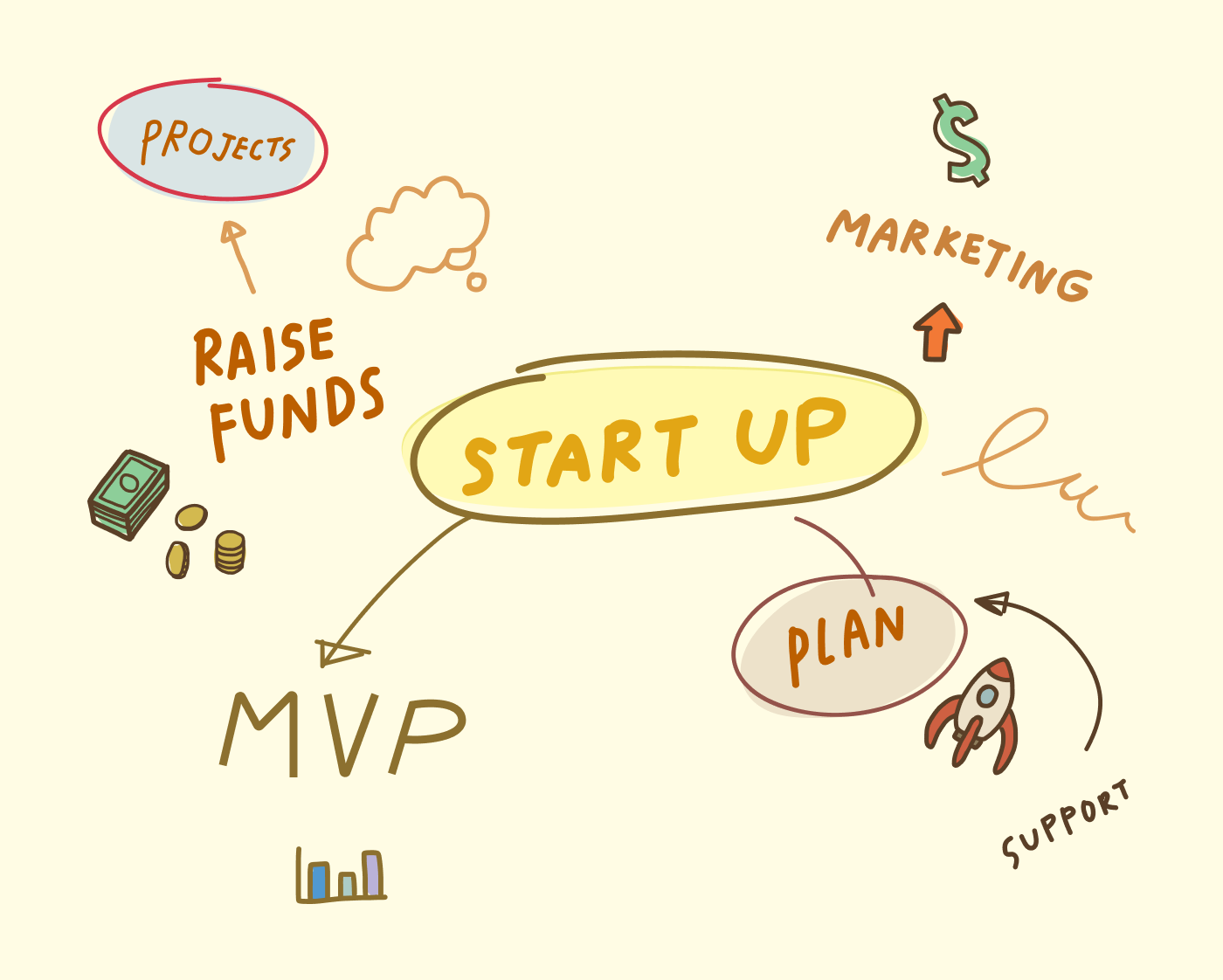The Minimum Viable Product (MVP) concept holds immense importance as it empowers entrepreneurs to validate their concepts, acquire user input, and swiftly refine their offerings. An intriguing strategy that has garnered attention in recent times involves employing cloned applications as MVPs. In this article, we shall delve into the advantages and possible challenges associated with utilizing cloned apps as MVPs for start-ups.
Understanding Cloned Apps
Before diving into the advantages and disadvantages of using cloned apps as MVPs, it’s essential to understand what cloned apps are. Cloned apps are essentially replicas of existing successful applications with some modifications or customizations. These modifications can include changes in design, features, or target audience. The goal is not to copy someone else’s work but to leverage a proven concept to validate your own idea with minimal resources.
Advantages of Using Cloned Apps as MVPs
- Rapid Development: Developing a cloned app is much quicker than starting from scratch. This allows start-up’s to bring their MVP to market faster, reducing time-to-market and giving them a competitive advantage.
- Lower Development Costs: Cloned apps save on development costs because a significant portion of the work is already done. This is especially beneficial for bootstrapped start-up’s or those with limited funding.
- Built-in User Base: Cloned apps often have an existing user base. By tapping into this user base, start-up’s can quickly acquire early adopters and gather valuable feedback.
- Testing Market Demand: Cloning a successful app allows start-up’s to test market demand for a similar product. If users respond positively, it indicates a viable market for the concept.
- Focus on Customization: Start-up’s can focus on customizing the cloned app to suit their unique value proposition and user needs. This allows them to differentiate themselves from the competition.
- Learning Opportunity: Building and launching a cloned app provides start-up’s with valuable insights into app development, user acquisition, and marketing strategies.
Potential Pitfalls and Challenges
While using cloned apps as MVPs offers several advantages, there are also potential pitfalls and challenges to consider:
- Legal and Ethical Concerns: Cloning an app can raise legal and ethical issues, particularly if it infringes on intellectual property rights or violates the original developer’s terms of use.
- Limited Innovation: Relying solely on cloned apps may stifle innovation. Start-up’s may become overly focused on replicating existing ideas rather than creating something genuinely unique.
- Competition and Differentiation: Cloning a successful app may lead to intense competition, making it challenging to stand out in the market. Start-up’s must find ways to differentiate themselves.
- Scaling Challenges: As the start up grows, it may face scalability issues and technical debt associated with cloned code. Transitioning to a fully customized solution can be complex.
- Negative Brand Image: Launching a cloned app can sometimes result in a negative brand image, with users viewing the start-up as unoriginal or lacking creativity.
Cloned apps can be a valuable tool for start-ups looking to develop MVPs quickly and on a budget. They provide a shortcut to market validation and allow start-ups to focus on customization and user feedback. However, entrepreneurs must tread carefully to ensure they are not infringing on intellectual property rights and to maintain a positive brand image. Cloned apps can be a stepping stone, but start-ups should eventually transition to a fully customized solution to foster long-term growth and innovation. In the right context, cloned apps can be a powerful tool in the start up journey, but they should be used strategically and ethically.

